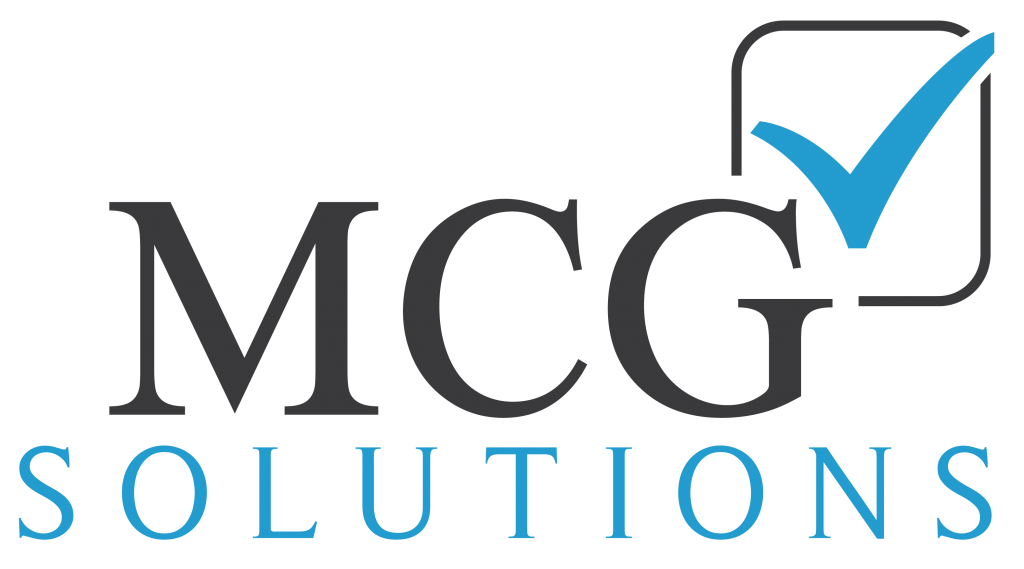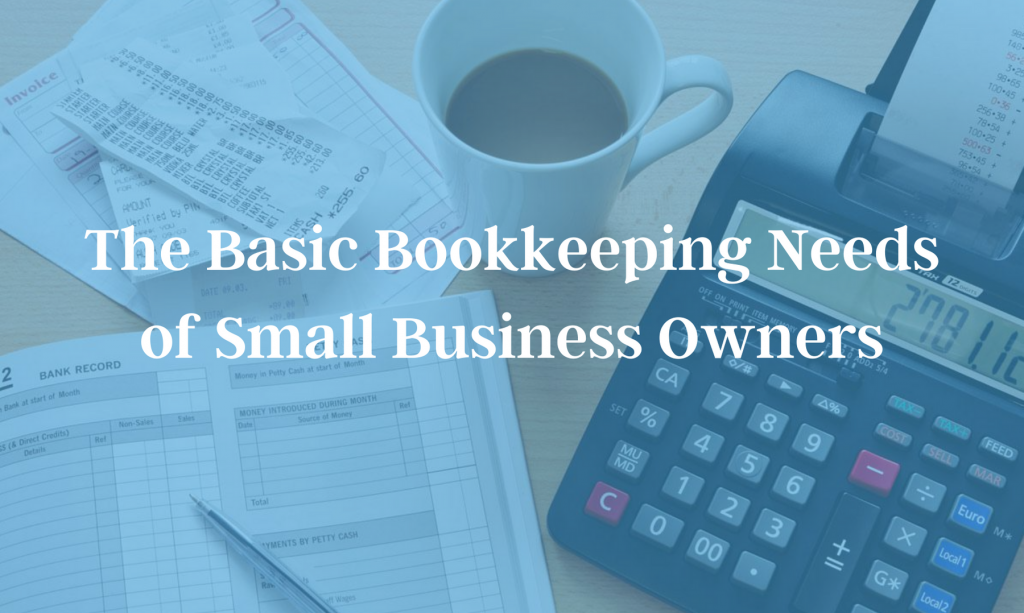As a small business owner, you are going to have a very difficult time staying on top of your finances if you do not make thorough, detail-oriented bookkeeping a priority, especially as your company grows.
But not every business owner understands the financial information they need to track. There are a variety of accounts, documents and other needs you must track to maintain an efficient bookkeeping system. Here’s a quick overview of some of these basic needs:
- Accounts payable: Accounts payable tracks all of the payments you must make to ensure you stay on top of paying your bills in a timely manner. Not only does this help you make sure you pay all of your bills on time, but it also makes sure you don’t accidentally pay multiple times because you couldn’t remember which bills you paid.
- Accounts receivable: If you sell products or services and don’t get payments immediately upon delivery, you must track your “receivables,” that being the money owed to you by your customers or clients. Tracking accounts receivable is crucial for submitting timely, accurate invoices and bills and making sure you get paid in a timely manner.
- Sales: You should track all revenue from your sales, and record your sales quickly and accurately to keep a solid view of how your business is performing financially.
- Purchases: You should track the purchase of any materials, goods, or other business items. This will help you calculate the “cost of goods sold” for your busines, which you get from subtracting purchases from sales to determine gross profits.
- Inventory: You should track all of the products you have on hand and maintain an accurate record of inventory. Every now and then you should perform physical inventory counts so you can test your figures in your accounts.
- Payroll expenses: Payroll expenses are the most significant expense for many businesses, so it is crucial to keep this information up to date so you will meet all government reporting requirements and tax regulations. A failure to do so can result in some significant penalties from federal authorities.
- Retained earnings: This refers to any of your business profits that get reinvested into the business, rather than being paid out to owners. This is a cumulative figure, and it is important to track these retained earnings so you can better demonstrate your long-term performance to potential lenders or investors.
- Financial reports: You must generate regular financial reports to arm yourself with important information to help you make business decisions. Examples of these financial reports include balance sheets, cash flow statements, and P&L (profit and loss) statements.
- Balancing: At the end of every quarter, you should be able to tally up all your credits and debits and have matching totals, ensuring your books are balanced. If they’re not, you need to find where the error occurred before the discrepancies grow even worse.
These are just a few examples of some of the most pressing bookkeeping needs small business owners have. You can make matters much easier on yourself by working with a third-party bookkeeping professional, who can handle all of this for you. Contact us today at MCG Solutions to learn more.

